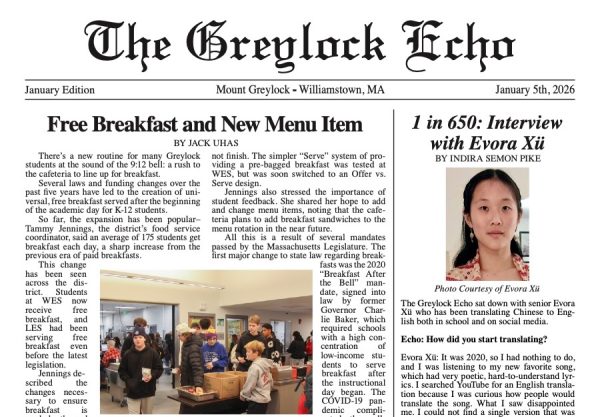AP African American Studies Curriculum Debated Across America
The College Board released an official curriculum for its new Advanced Placement course in African American Studies. After being stripped of much of the subject matter that had angered conservatives like Florida governor Ron DeSantis, the class focuses closer on African American history than current issues and events. The College Board also removed the names of many Black writers and scholars associated with Black feminism, critical race theory, and the Black Queer experience. Current controversial topics, like the Black Lives Matter movement, were ushered out.
The dispute over the AP course is much more than just the content of a high school class. Education is at the center of this partisan issue, and the College Board is attempting to build a curriculum covering one of the most controversial subjects in the country: race in America.
AP exams are immensely embedded in the American education system. Students take the courses and exams to show their academic rigor when applying to college. Many colleges and universities grant college credit for students who score high enough on an AP exam. Additionally, more than a million public high school students graduating in 2021 took at least one AP exam, College Board Reports stated. However, the disturbances over the exam raise concern about whether the revised African American Studies course fulfills its mission of mimicking a college-level course, which usually expects students to analyze secondary sources, take on contentious topics, and handle controversial conversations.
The pushback began in January when DeSantis announced that he would ban the curriculum after criticizing different parts of the original version. Various state education officials additionally argued it was not historically accurate and violated a Florida state law that regulates how race-related issues are taught in public schools. The attack on the AP course turned out to be the prelude to a much larger DeSantis agenda. DeSantis announced in late January his plans to enact legislation which would mandate courses on Western civilization, eliminate programs in diversity and equity training, and decrease the protection of tenure in his state. DeSantis additionally threatened to ban all AP classes from his state, but according to Nick Anderson of the Washington Post, “it is unclear whether or how AP could be eliminated in Florida. The program…is deeply entrenched in the state and nationwide.”
After the AP curriculum was released, Bryan Griffin, the press secretary for DeSantis said the state education department was reviewing it for potential corrections and compliance with Florida’s law.
The College Board attempted to stay out of the political narrative with their revisions, but the class remained controversial in Florida both before and after. The newly revised curriculum framework ranges widely with content on continental Africa, slavery, reconstruction, and the Civil Rights Movement. The study of contemporary topics, including Black Lives Matter, mass incarceration, Black Queer life, and the debate over monetary reparations, was removed by the College Board. They are now offered on a list of options for a required research project.
The writers and scholars for the class include Kimberle W. Crenshaw, a law professor at Columbia, Roderick Ferguson, a Yale professor who writes about Queer social movements, and Ta-Nehisi Coates, an author and advocate for reparations.

Charlotte is the Echo's managing editor by day and a dialogue lover, volunteer, and rower by slightly past 2:30. She enjoys many things blue and avocado toast.






